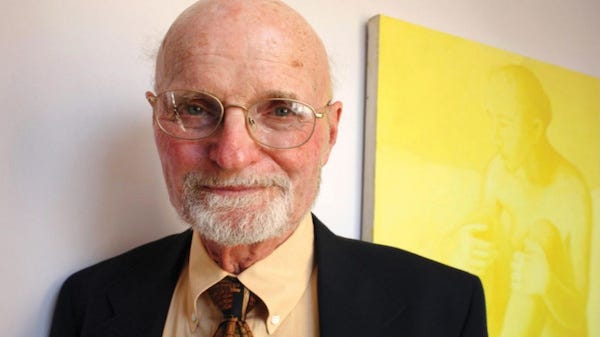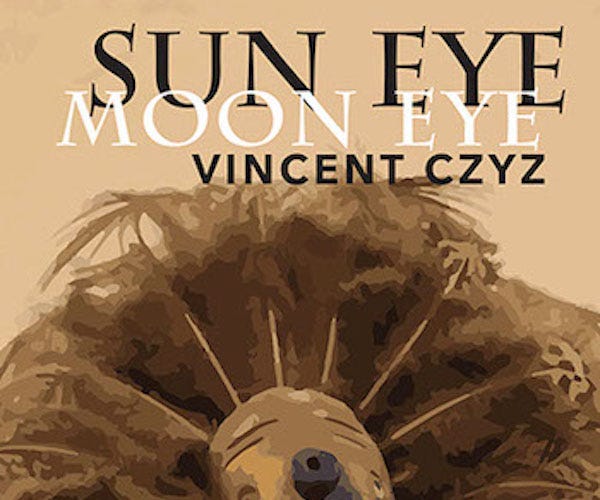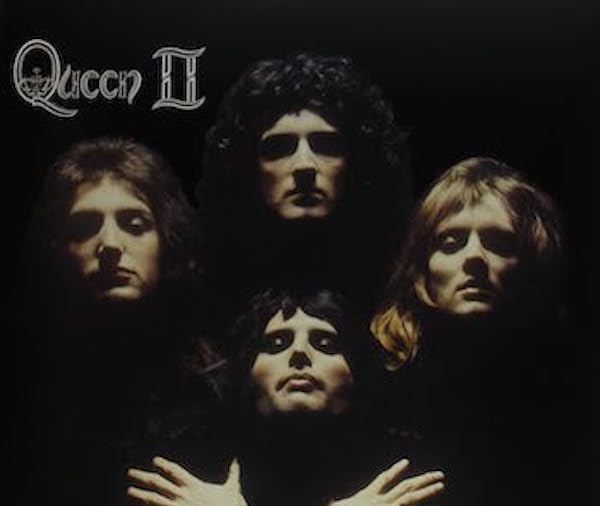The Arts Fuse Newsletter, April 10
Coming Attractions, Wicked Queer at 40, The Sessanta Tour, the Future of Boston's White Stadium, and a look at America's "Great Disorder"
From The Editor's Desk:
Hot on the heels of learning that John Barth had died at the age of 93 on April 2, Library of America informed me in an email that fellow metafictionalist Donald Barthleme would have turned 93 the same week. What irritated me is that — while the Barthleme deserves a volume of his stories in LoA — precious few of his kindred gifted postmodernists are in the series, which keeps the work of its chosen authors in print. Among the meritorious missing: Barth, William Gass, John Hawkes, Paul West, Robert Coover, William Gaddis, Stanley Elkin, and Thomas Pynchon. Barth is somewhat fortunate: some of his major novels (Sot-Weed Factor, Chimera) are in print through the good graces of Dalkey Archive Press, though not his essays and criticism. Aside from Pynchon and Coover, who are still publishing, most of the others in that rebellious generation of the ‘60s (aside from Kurt Vonnegut) are fading away. Rather coming back into fashion or generating nostalgia, they are seen as detours into the amoral byways of intellectualized aesthetic excess. And that is a cultural disgrace.
Why is Barthleme represented and the others ignored? Snobbery for one. Because he regularly contributed to The New Yorker, Barthleme had the stamp of approval of the establishment. What’s more, in terms of prose style, Barthleme was a minimalist (as was Vonnegut) rather than a mangey maximalist — his enigmas were compressed. Amalgamations of Vladimir Nabokov and Luis Borges, Barth and his self-conscious company specialized in creating the gargantuan and the unruly. Barth declared that metafictionalists “rejected the familiar for the amazing” and “embraced artifice and extravagance.” Seeing narrative as offering an opportunity to scamper —with surreal abandon — across lexical playgrounds cuts against the American grain of realism. It thumbs its nose at our dedication to moral earnestness.
Critic Tony Tanner’s still provocative book on Barth and company, 1971’s City of Words, argues that the era’s metafictionalists believed that there was emotional/ intellectual liberation in the act of “dissolving reality,” that the games they played with language, at times cut loose from reality, were about enhancing consciousness. Unfortunately, mainstream attacks on these writers — as pessimists, nihilists, and depressives — have stuck, as has the challenge to readers posed by their wild word-wrangling. But, as Tanner argues, one should turn to Barth and his fellow linguistic gamesters constantly, as a way ‘to renew one’s sense of the various and wonderful things which may be gathered together under the wide wings of language.”
—Bill Marx, Editor-in-Chief
Coming Attractions: Through April 23 — What Will Light Your Fire
Compiled by Arts Fuse Editor

Our expert critics supply a guide to film, dance, visual art, theater, author readings, and music. More offerings will be added as they come in.
Doc Talk: Wicked Queer at 40 -- Embracing the Imagination
By Peter Keough
Transformative narratives shape the documentaries in the 40th annual Wicked Queer Film Festival.
Concert Review: The Sessanta Tour — Three of Alt-Rock’s Top-Tier Bands Triumphant
By Scott McLennan
Sessanta succeeded in making “old” songs and “old” bands sound powerful, vital, and progressive.
Design Commentary: The Future of Boston’s White Stadium — A Public/Private Gordian Knot
By Mark Favermann

Many in the increasingly vocal community of stakeholders feel strongly that tradition, history, and student sports will be the victims of this apparent corporate/public conflict.
Book Review: Vincent Czyz’s “Sun Eye Moon Eye” — Cozy with the Quotidian and the Cosmological
By Gary Lippman
Logan Blackfeather is such a marvelous hero — and he is, in most senses of the word, heroic — that most readers will quickly connect with him and happily trail him through the significant stages of his education.
Music Commentary: A Mystery Solved on the 50th Anniversary of the Release of “Queen II”
By Adam Ellsworth
The lyrics to the song on Queen II about the painting “The Fairy Feller’s Master-Stroke” originate from a poem Richard Dadd wrote about his picture. What’s never been established though, is exactly how Freddie Mercury became aware of this poem.
Book Review: America’s “Great Disorder” — A Saga of Creation and Redemption Followed by Confusion and Rancor
By Daniel Lazare
A Great Disorder is brisk, bold, and thought-provoking, but the volume's muddled concept of myth does it in.
Help Keep The Arts Fuse Lit!
Precious few independent online arts publications make it to double digits. Please give us the resources the magazine needs to persevere at an essential cultural task.
Keep the Fuse lit and support our 70+ writers by making a donation.
The Arts Fuse also needs underwriting for the magazine to continue to grow.
And…tell your friends about the in-depth arts coverage you can’t get anywhere else.
Questions, comments, concerns?
Editor-in-Chief
Bill Marx
wmarx103@gmail.com











